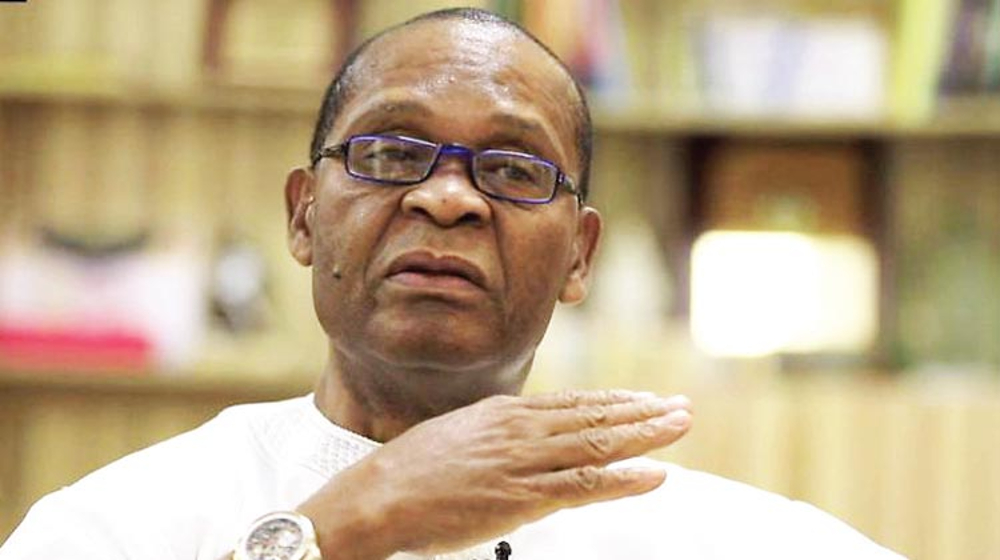A senior member of Nigeria’s ruling All Progressives Congress (APC) has publicly criticized the sharp increase in electricity tariffs affecting urban consumers, urging the government to reassess a policy that has sparked widespread discontent. Joe Igbokwe, a prominent APC figure, voiced frustration over price hikes implemented in April for users classified under “Band A,” a category representing customers who receive up to 20 hours of daily power supply. The tariff adjustment, approved by the Nigerian Electricity Regulatory Commission (NERC), saw rates surge by 300%—from ₦68 ($0.04) to ₦225 ($0.15) per kilowatt-hour—prompting consumer backlash and calls for reversal.
Igbokwe, writing on his Facebook page, disclosed that soaring costs have forced households to ration electricity use, switching off air conditioners, refrigerators, and other essential appliances. “I pray [President Bola Tinubu] will revisit the Electricity Band A matter,” he wrote, adding that distribution companies (DisCos) might not be profiting as anticipated due to reduced consumption. “Take all to Band B, make more money,” he suggested, referencing a lower tariff tier with fewer guaranteed supply hours. His remarks underscore growing tensions over affordability in a country where unreliable power access remains a chronic issue.
The tariff revision, enforced on April 1, 2024, aimed to curb subsidies and attract investment in Nigeria’s struggling energy sector. However, critics argue it places undue strain on households and businesses already grappling with inflation and stagnant wages. Band A customers, primarily urban residents and industries, were assured of improved supply under the new model, but many report minimal service upgrades despite higher charges. Public outcry has intensified, with consumer groups labeling the policy “out of touch” and demanding transparency in DisCos’ service delivery.
Analysts note the hike reflects broader economic reforms under President Tinubu, who has phased out long-standing subsidies on fuel and electricity to stabilize government finances. Yet the move risks alienating middle-class voters and exacerbating cost-of-living pressures. Nigeria’s power sector, plagued by aging infrastructure and financial instability, supplies less than 4,000 megawatts daily for its 200 million citizens—a fraction of the demand. While the government insists tariff adjustments are necessary to modernize the grid, the short-term pain for consumers has overshadowed long-term promises.
Igbokwe’s decision to openly critique his own party’s policy highlights internal divisions and mounting public anxiety. His appeal aligns with calls from labor unions and civil society groups for a phased approach to subsidy removal, coupled with tangible improvements in power supply. As debates over equity and efficiency intensify, the spotlight remains on whether authorities will adjust course or uphold reforms despite mounting dissent.
